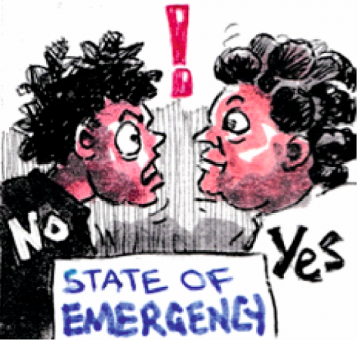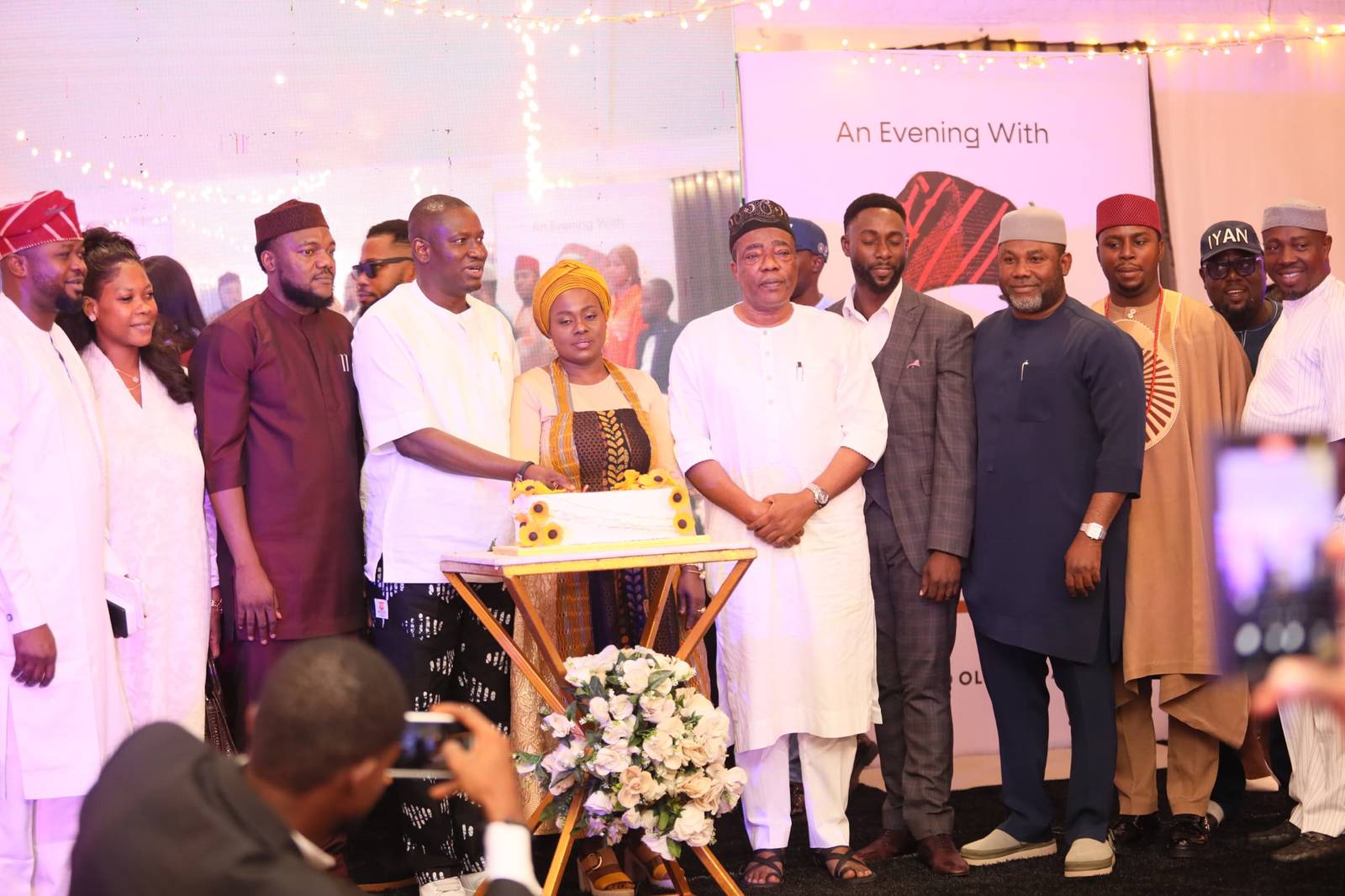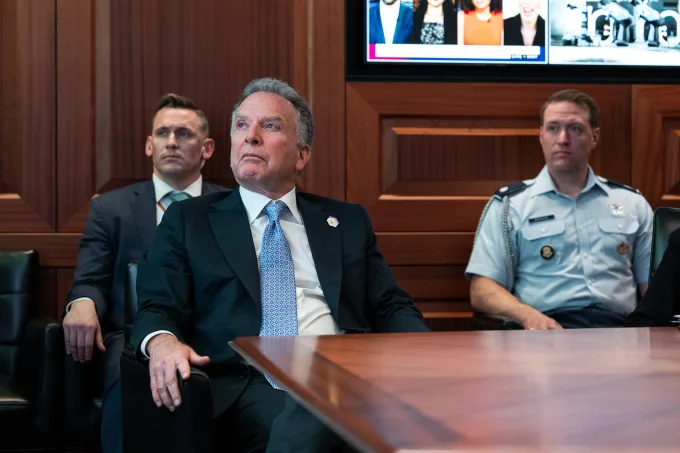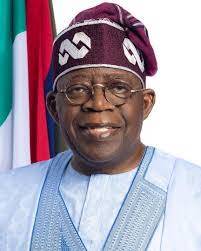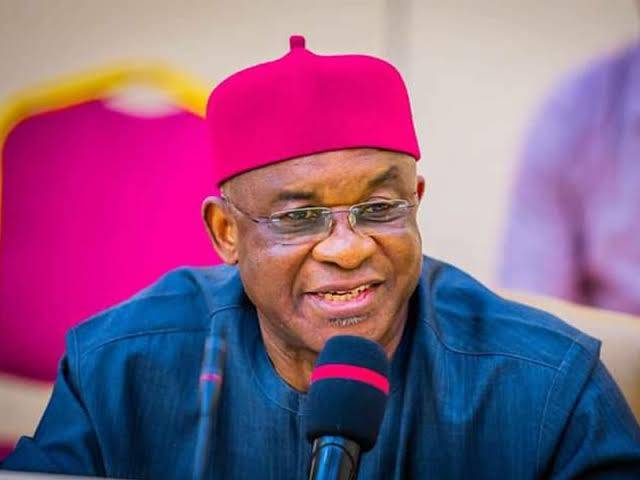By Adekunle Ade-Adeleye
Rivers State was last week preoccupied with a clash of organised women protests for and against the proclamation of a state of emergency. First to gather were the anti-emergency protesters who, two Fridays ago, sallied out almost from nowhere into the streets of Ahoada East local government area decrying the proclamation of a state of emergency in the state, and calling for the restoration of democracy. They were estimated to be about a few hundreds, and were clad in black. Piqued by the silence of the group of protesters when the fierce battle for the soul of the state raged between the Governor Siminalayi Fubara crowd and the ex-governor Nyesom Wike troops before state of emergency, a second but unrelated group of protesters poured into the streets of Port Harcourt on Monday in a startlingly far greater number. The second group decried the hypocrisy of the first group, and enthused that the state of emergency proclamation secured peace when all portents showed that anarchy was imminent. From the tone of the second group, and the tenor of their dressing, it was clear that peace, much more than the merits or demerits of the state of emergency proclamation itself, was uppermost in their minds.
But not to be outdone, and unwilling to concede both the last laugh and slogan to the pro-emergency ‘peace’ protesters who rallied under the banner of Rivers Women for Peace and Good Governance, the anti-emergency protesters again rallied pari passu with the pro-emergency group in a different part of Port Harcourt under the aegis of Rivers Women Unite Prayer Group.
However, noting the disparity in law enforcement control of the protests, Mr Fubara openly chafed at the unfairness of the police in allegedly repressing the anti-emergency crowd. He should have kept quiet. Unable to restrain himself, it was interpreted that he was lending support to the anti-emergency protesters, a trait he earlier exhibited when he failed to condemn pipeline vandals presumably trying to preempt the House of Assembly from impeaching him in the heat of the crisis in early March.
Proclaimed on March 18, the state of emergency in Rivers is expected to last six months. During the period, it is expected that tempers would cool down between warring factions, the governor would be more statesmanlike, the House of Assembly less combative, and the state’s elders more diplomatic and conciliating. While most members of the elders group have sensibly kept quiet, and the lawmakers have distanced themselves from state activities, Mr Fubara has kept on talking. Before the state of emergency, he had acted and given the impression that he could browbeat both his enemies in and outside the legislature as well as the federal government into backing down from their intransigent positions. After the Supreme Court put paid to his effort to continue ostracising the Assembly, gave him a piece of their minds, and ordered that he should relate properly with the House of Assembly, he embarked on subterranean moves to undermine the judgement by feigning obedience to the rule of law. He was adamant about the justification of his cause, and was determined not to have his enemies laugh last.
That headiness has unfortunately continued. There is nothing, short of plotting a coup, that can unmake or reverse the state of emergency. Even if the country were to descend into anarchy, the state of emergency would still not be reversed. If Mr Fubara had this understanding, he would have declined to give support to any protests in his favour, restrained himself from commenting on state activities, whether by the sole administrator or any other caretaker officials, and shrugged off accusations about any financial malfeasance. If he must speak, it would be wise to talk about peace, support the sole administrator to reestablish law and order, and invite stakeholders and aggrieved indigenes to work for the peace, unity and progress of the state, even if he does not mean a word of what he says. Rather than secretly harbouring the unrealistic desire to upturn the emergency proclamation, his paramount goal should be to ensure that the state of emergency does not exceed the six months proclaimed by the president. He may not be the wisest governor to find himself in a similar position, but he needs to read the emergency proclamation again, especially the part that talks about the ‘six months in the first instance’ provision. If the crisis continues, if the swords are not sheathed in six months, if the combatants are still squaring off and warring recklessly, and if there are still threats to critical national infrastructure, the emergency period might be extended. And like all sides to the conflict in Rivers say, heavens will not fall.
Mr Fubara’s goal must, therefore, be to ensure that the six months emergency rule should not be extended. The ball is in his court; but so far he has proved quite awkward in kicking the ball. He doesn’t even appreciate the gravity of his situation, and lacks the acumen to conciliate his enemies. He talks glibly about democracy, but he has undermined it at every turn and by every remark. Government Oweizide Ekpemupolo, alias Tompolo, the pipeline protection contractor and notable Ijaw son, has said that Mr Fubara would return to office after the six months of emergency. It is not clear what gave him the confidence to make that pronouncement, but he should instead counsel his kinsman to mollify his rage and resentment against real and perceived enemies. The governor’s return is not in the hands of well-wishers, or the constitution, or animated protesters, or even the rule of law. His predicament rests on his absolute ineptitude in managing dissent and provocations. Only he can determine how the Rivers crisis would play out. Only he. And so far, he has not given anyone the confidence that he can make the difference the Rivers situation desperately urges him.


